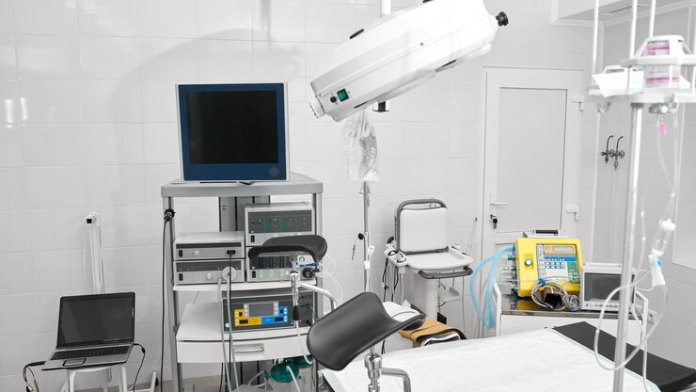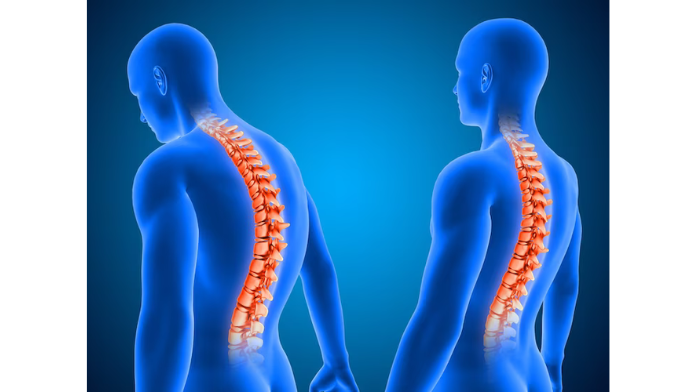A new MRI technique, which uses magnetic stimulation, could potentially alleviate symptoms of severe depression for up to six months, thereby significantly enhancing the quality of life for patients.
The trial results, published in a German journal, revealed that participants experienced considerable improvements in their depression, anxiety, and cognitive function, leading to an enhanced quality of life over a 26-week period. This was achieved using MRI neuro-navigated Transcranial Magnetic Stimulation (TMS).
TMS is an outpatient procedure where powerful magnetic pulses are applied to the left side of the patient’s head, specifically in front of the temporal area. The patient remains conscious during the 20 sessions spread over four to six weeks.
This method has been in use since the 1980s for treating severe depression. However, by targeting a specific area of the brain believed to be beneficial, the team from the University of Nottingham in the UK has now found evidence of a longer-lasting benefit of this treatment.
The team employed neuronavigation, a computerized tracking system that uses light to deliver TMS. This allows for precise targeting of the stimulation area across all 20 treatment sessions.
The treatment was effective for over two-thirds of the participants, with a third showing a 50% improvement in their symptoms. Remarkably, a fifth of the participants achieved remission and maintained it.
The professor of psychiatry at the university noted that patients who responded to the treatment could maintain their improved state with as few as one or two treatments a year. The changes observed were significant enough to improve not only their depression symptoms but also their concentration, memory, anxiety, and subsequently, their quality of life.
Depression is a major global issue, being the leading cause of disability worldwide. It is also the biggest cause of suicide among people aged 15-49. While antidepressants and therapy can help two-thirds of people with depression, the remaining third suffers from treatment-resistant depression (TRD), defined as a lack of response to two courses of antidepressants.
The trial, which included 255 participants, suggests that using functional MRI with TMS to define the exact area of the brain to target might be a viable solution. This is a novel approach as MRI is not typically used to deliver this treatment.
The professor found it encouraging that such a significant response rate was achieved among patients who had not responded to two previous treatment attempts and had been ill for an average of seven years. Furthermore, since the magnetic pulse can be focused, the side effects are usually minor and short-lived, allowing the patient to resume their daily activities immediately after leaving the hospital.



